A friend suggested I might bring a feminine twist to this review by imagining what it felt like to be Nick Drake’s mother. It was a startling thought. When I read artists’ biographies I tend to stand with them eye-to-eye, rather than conjure the perspective of an older generation. But the further we are distanced in time and age (the singer-songwriter died in 1974, aged 26), the more the picture morphs. Just as we’re supposed to grow out of liking Shelley (I never did) or learn to swap Mozart for Bach, our view of someone who was both an undoubted genius and the definition of callow inevitably matures.
The keeper of Drake’s flame, his sister Gabrielle, has cooperated with Richard Morton Jack – a privilege she did not extend to Patrick Humphries for his 1997 biography, preventing the latter from quoting the lyrics, for example. This new life, published to coincide with what would have been Drake’s 75th birthday, is vastly more extensive, and is a smart moment to revisit the last remaining observers of Drake’s comet-like trajectory, now in their seventies and eighties. Leave it any longer and it would be the ‘Time of No Reply’.
The picture Jack paints doesn’t differ in essentials from the long-accepted version, but it is far more detailed, and has, no doubt inadvertently, a somewhat debunking effect. This is the portrait of a person with one of the most acute cases of lazyitis it’s possible to imagine. Like Herman Melville’s Bartleby, Drake would ‘prefer not to’, and the list is long: do any academic work, develop his sporting talent (he was an unkeen sprinter), have sex, pursue relationships, go on tour, turn up on time for meetings, find a job, fill the car with petrol and, eventually, get up, wash, or speak. Admittedly, the later abjurations were the fault of his still undiagnosed mental illness, but he’d had a lot of practice by then. At least he put in his 10,000 hours and more at the guitar.
This is not an authorised biography in the sense that the estate and remaining family had a desired image or agenda to push. Gabrielle merely gave her blessing and contacts, as Jack piled up his edifice of memories. If Humphries is John the Baptist, Jack’s is the account worthy of a musical messiah. Even the most fleeting glimpses are valuable. He has tracked down coevals at Drake’s prep and public school and at Cambridge, and has penetrated his never-overlapping social circles in London and the country. You will learn a great deal about the places Drake frequented, the albums he listened to, the guitars he used and the clothing he preferred. The genesis of the songs, however, remains opaque.
Leaving aside the complexities of the guitar parts, born of time, skill and giant hands, there’s the puzzling question of Drake’s lyrical sources. The suggestion is that the music came first, the words later, chosen for sound not meaning; but this can’t explain Drake’s knack for the resonant poetic phrase. We are told he liked the poems of William Blake; at Cambridge he read the young Romantics and French symbolists (which we might have guessed), but there’s no attempt to analyse the output or affix it to specific places or people. This could have been Drake’s deep game. People that certain songs are supposedly ‘about’ remain mystified or unaware. Reticent, he did not mix his friendship groups. Many people who knew him met for the first time at his funeral.
The profound addition to the story lies in the newly revealed letters and diaries of his father Rodney. They are heartrending in their appeals to a wayward child (and a reminder of the richness of pre-internet correspondence). Replying to the most loving notes was another thing Nick preferred not to do. ‘Dad and I are dead of Nick-lack,’ his mother wrote at the time he was working on his last album, the searing ‘Pink Moon’, hopes of easy fame having long evaporated. He was an avid marijuana-smoker, but no one recalls anything harder or hallucinogenic. Drug psychosis does not seem to have been what ailed him. Perhaps shyness and diffidence covered a fierce narcissism that it would have been uncool to reveal, and the low album sales were devastating. Details of his death by overdose (not revealed to Humphries) close the story.
This is a deeply sad book. No wonder Gabrielle, turning 80 next year, writes that, while satisfied, she ‘cannot see myself ever visiting this story again’. On finishing it, I listened to one of my favourite Drake tracks, ‘Rider on the Wheel’, recorded for an aborted fourth album when he had lost the ability to play and sing at the same time. Now it’s near unbearable.
Got something to add? Join the discussion and comment below.
Get 10 issues for just $10
Subscribe to The Spectator Australia today for the next 10 magazine issues, plus full online access, for just $10.
You might disagree with half of it, but you’ll enjoy reading all of it. Try your first month for free, then just $2 a week for the remainder of your first year.

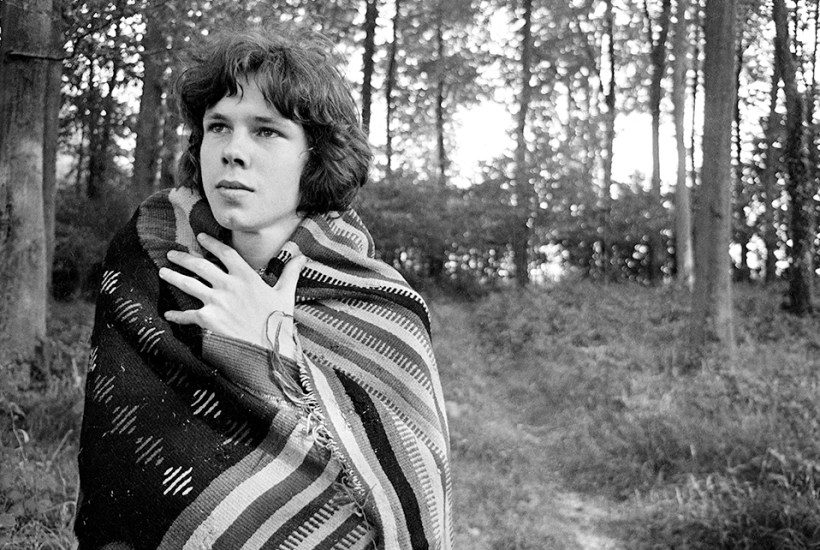
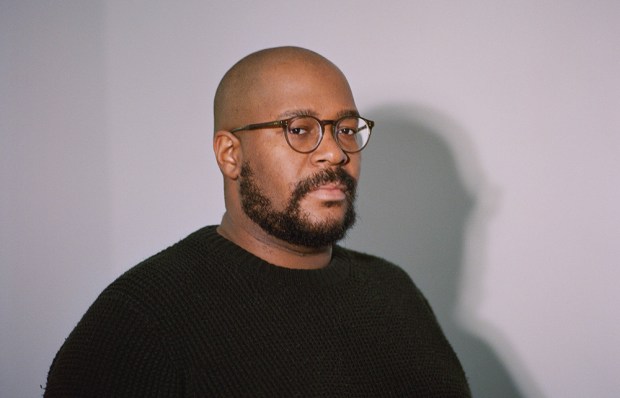
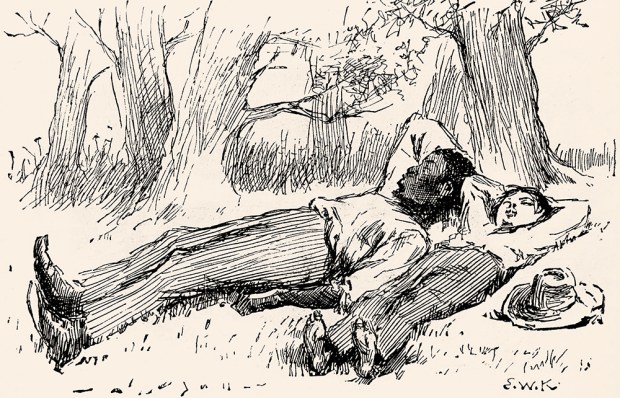
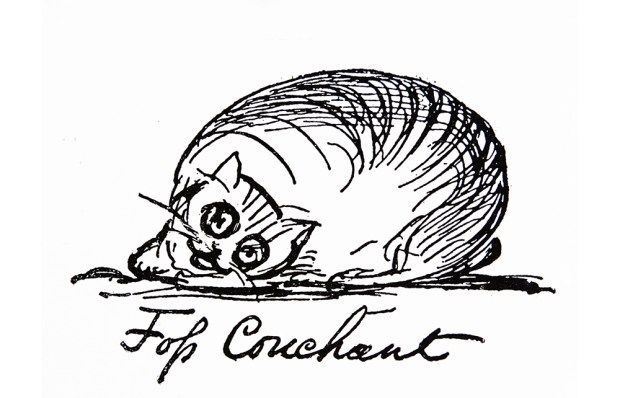
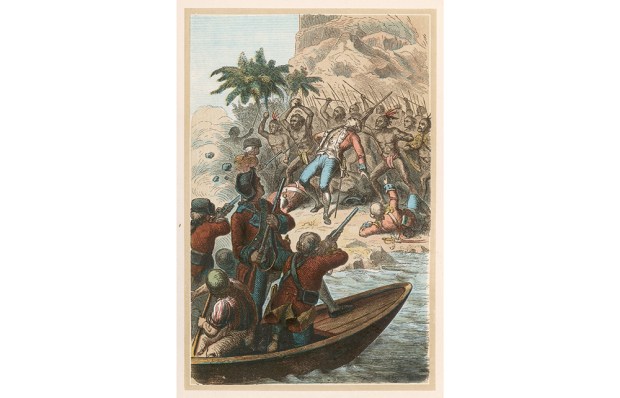

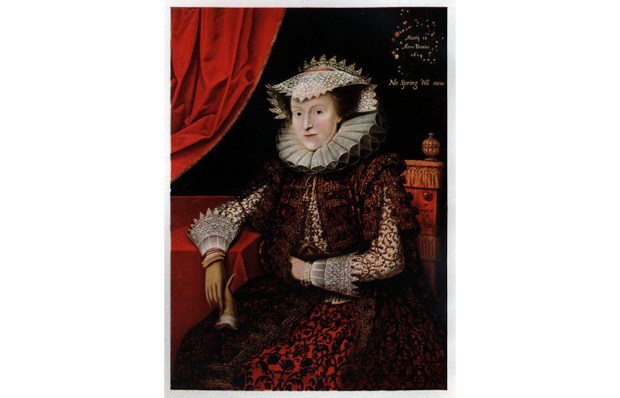






Comments
Don't miss out
Join the conversation with other Spectator Australia readers. Subscribe to leave a comment.
SUBSCRIBEAlready a subscriber? Log in